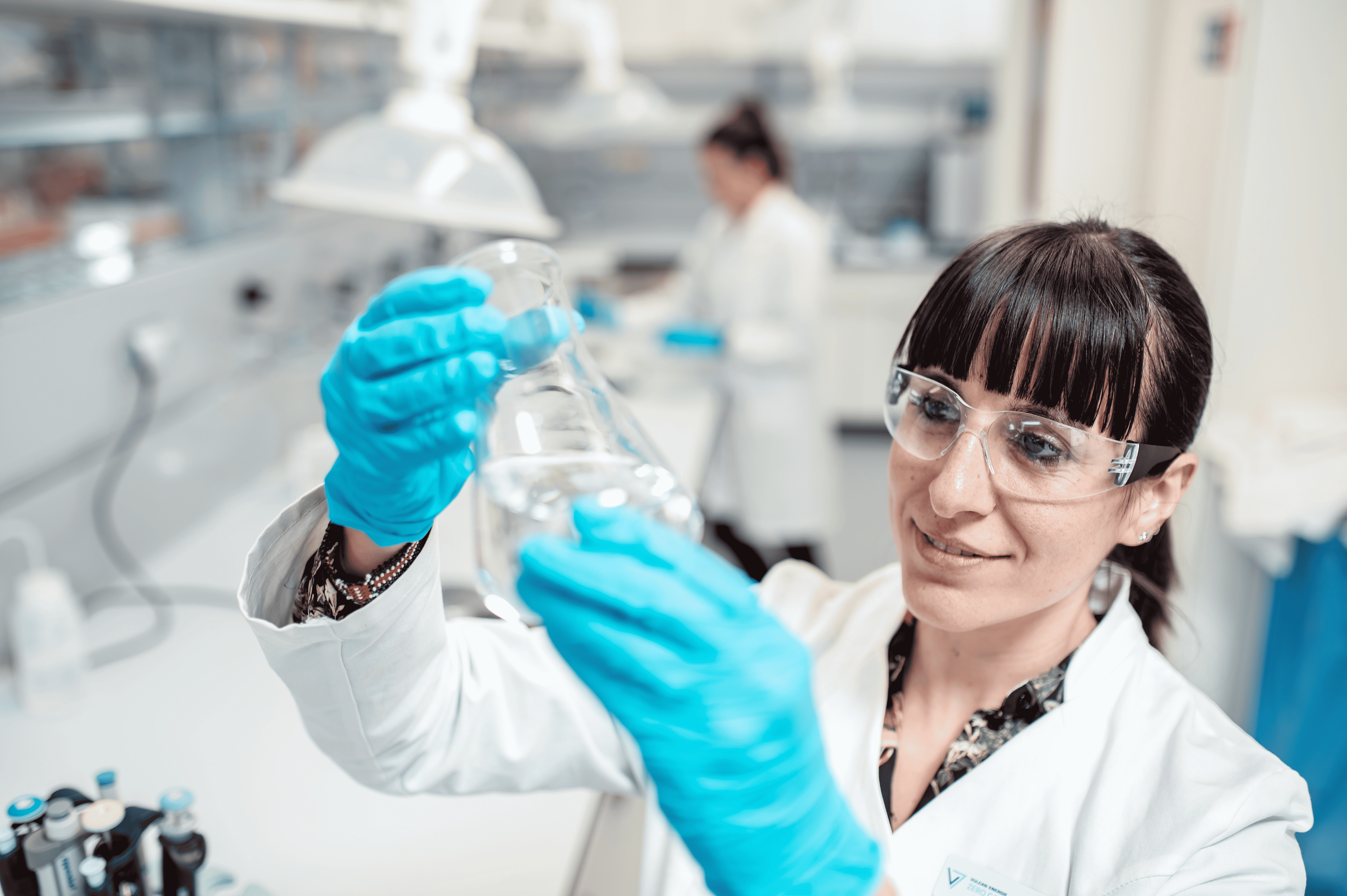
Sustainable energy storage is the central motivation behind the research project “Transition”, which has just been launched to develop environmentally friendly, high-performance and cost-effective sodium ion batteries. The markets for electric mobility and stationary energy storage will grow significantly in the course of the energy revolution. Accordingly, they require more energy-efficient and more powerful storage technologies. Lithium-ion batteries are still regarded as one of the greatest successes for energy storage applications of the last century. Their advantage: lithium-ion batteries are lightweight, compact and offer outstanding energy and power density. They thus dominate the market for portable electronics, hybrid and electric vehicles. But they are not uncontroversial:
However, in the face of the increasing demand for lithium and the raw materials used in lithium technology, such as cobalt, concerns are expressed about the future and long-term availability of critical raw materials and costs. In this scenario, sodium ion batteries represent an alternative, cost-effective and more environmentally friendly energy storage technology”, says Professor Stefano Passerini, Director of the HIU.
Alternative to Lithium-Ion Batteries
The aim of the new research project is to make the next generation of sodium ion batteries environmentally friendly, cost-effective and high-performance at the same time. This is the only way they can be a real alternative to lithium-ion batteries. To achieve this goal, scientists from the Helmholtz Institute Ulm (HIU), the Centre for Solar Energy and Hydrogen Research Baden-Württemberg (ZSW)and the Friedrich Schiller University Jena (FSU)have joined forces to transfer technology. Together, they want to develop high-performance liquid and polymer sodium ion batteries. These will use transition metal layer oxides on the cathode side and hard carbon from biomass on the anode side. The scientific groups are led by professor Stefano Passerini (HIU), Dr. Margret Wohlfahrt-Mehrens of the Centre for Solar Energy and Hydrogen Research (ZSW) and professor Philipp Adelhelm of the Friedrich Schiller University Jena (FSU). In addition to the three scientific partners, a comprehensive industrial advisory board is also involved in the project. The three-year project is funded by the Federal Ministry of Education and Research (BMBF) within the framework program “Batteries 2020” with 1.15 million euros.
Biomass, Polymer Electrolytes and Cobalt-Free Cathodes
“This is the first German consortium funded by the BMBF to work on the development of highly scaled sodium ion batteries and to cover a broad spectrum of challenges from material development to the manufacturing of prototype cells”, says Passerini from the HUI. In the project, the HUI team will research an innovative biomass-based hard carbon in combination with aqueous binders and aluminum as current collectors.
Stefano Passerini is convinced that “the development of highly scaled prototypes of the sodium ion batteries and the achievement of the desired goals represent a major challenge that can only be mastered in a network with the complementary competencies of the partners”. The team from the Friedrich Schiller University Jena (FSU) will coordinate the research activities for the development of advanced liquid and polymer electrolytes. While the team of the Centre for Solar Energy and Hydrogen Research Baden-Württemberg (ZSW) is pushing ahead with the development of cobalt-free cathodes. With their research, the scientists hope to strengthen Germany’s international competitiveness. This will support its leading position in the field of electrochemical energy storage.
Also interesting:
Europe Focuses on Sustainability in Battery Production








